July 3, 2023
June 2023 at Policy Integrity
- Ünel Named to Environmental Advisory Council for New York Electric Grid Operator
- How Federal Courts Have Applied the Major Questions Doctrine
- Refining Federal Guidance for Regulatory Analysis
- EPA Proposes Stronger Standards for Hazardous Air Pollutants
- Hydrogen Production Tax Credit Implementation
- More from this Month
-
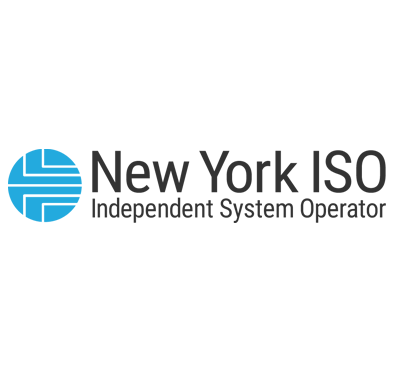
Ünel Named to Environmental Advisory Council for New York Electric Grid Operator
The New York Independent System Operator (NYISO) has appointed Policy Integrity’s Executive Director, Dr. Burçin Ünel, to serve on its Environmental Advisory Council. The Council provides NYISO with information, analysis, and expert perspectives on state and federal environmental policies to help it better achieve its mission of maintaining reliability of the bulk electric system and administering competitive wholesale electricity markets. In her role on the Council, Dr. Ünel will use her expertise in utility regulation and energy policy to help NYISO build and maintain New York's “grid of the future.”
-
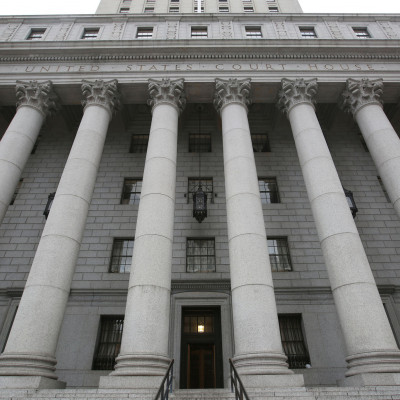
How Federal Courts Have Applied the Major Questions Doctrine
One year ago, the Supreme Court’s opinion in West Virginia v. EPA expressly named and relied on the major questions doctrine for the first time to conclude that EPA lacked the authority to regulate emissions from existing power plants using purposeful “generation shifting” mechanisms. With the subsequent passage of the Inflation Reduction Act and its provisions granting new regulatory authorities to EPA, the direct impact of the decision on EPA’s ability to regulate emissions is unclear. In an effort to assess the larger impact West Virginia will have on future federal regulation, legal fellow Natasha Brunstein analyzed how lower federal courts are interpreting West Virginia and applying the major questions doctrine. Brunstein surveyed opinions from all lower federal courts over the last year and found that “there is no one major questions doctrine in the lower courts.” Instead, “many judges view the doctrine as little more than a grab bag of factors at their disposal” and “their applications of the doctrine appear to largely track partisan lines.” The results of her analysis are summarized in a recent post on the Yale Journal on Regulation’s Notice & Comment blog and will be published in a forthcoming article in the Administrative Law Review.
-
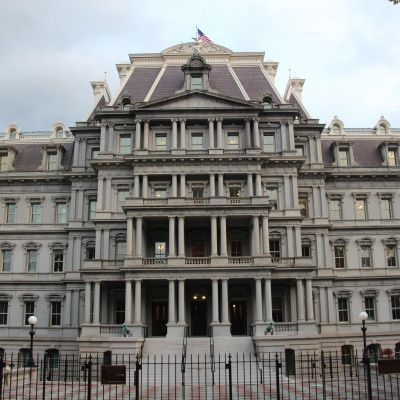
Refining Federal Guidance for Regulatory Analysis
The Office of Management and Budget has proposed much-needed updates to Circular A-4, the federal government's two-decade-old guidance document for regulatory analysis. This month, Policy Integrity and numerous partner groups filed comments on the proposed update. We explained that key changes – such as lowering discount rates, instituting more robust distributional analysis, and considering the transboundary effects of regulations – were consistent with both the latest scientific evidence and existing agency practice. We also suggested specific, additional improvements that OMB can make, such as using a lower discount rate for environmental goods and instructing agencies to apply economic tools that identify underserved populations. Max Sarinsky discussed the Circular A-4 updates in a recent article, and you can learn more in our blog post.
-
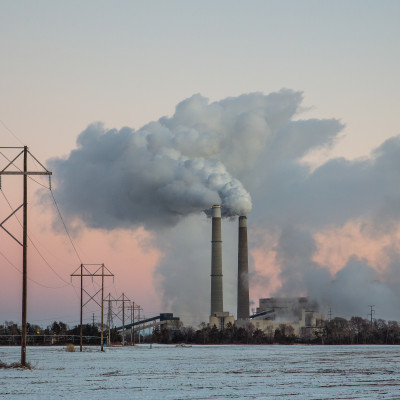
EPA Proposes Stronger Standards for Hazardous Air Pollution from Power Plants
Last month, EPA proposed to update its Mercury and Air Toxics Standards (MATS) for coal- and oil-fired power plants. EPA proposes to strengthen the standards based on new developments in pollution control technologies including their availability and reduced cost. In comments submitted this month, Policy Integrity recommended that EPA provide more information on the benefits of reducing emissions of hazardous air pollutants and carefully consider the methods used to assess impacts on populations living nearest to affected facilities. We also suggested that EPA should thoroughly evaluate the incremental benefits of additional pollution reductions in future evaluations.
-
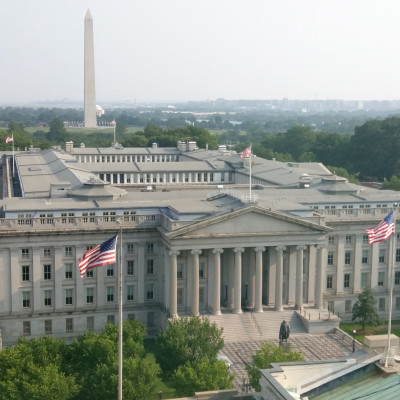
Hydrogen Production Tax Credit Implementation
The emissions effects of the Inflation Reduction Act’s Hydrogen Production Tax Credit will depend on implementation details. Following up on our previous comments, Policy Integrity and seven partners recently submitted a letter to the Department of Treasury, the Department of Energy, and the White House. Thus far, the tax credit debate has largely focused on annual vs. hourly energy matching. We argue that annual energy matching will lead to increased emissions and thus cannot be allowed for any longer than a minimal phase-in period. Our letter also outlines the advantages of carbon matching as an alternative compliance framework to complement hourly energy matching. Under carbon matching, hydrogen producers would be able to purchase zero-emissions electricity more cheaply because they could transact with generators anywhere in the country rather than exclusively in their locality. We also emphasize that, for hourly energy matching, there must be a deliverability requirement, or else transmission constraints could lead to increased carbon emissions.
-
More from this Month
- We hosted the final webinar in our energy justice research series, spotlighting place-based research projects and methods.
- We submitted comments to EPA on a newly proposed rule that aims to reduce greenhouse gas emissions from heavy-duty vehicles beginning in model year 2027.
- We submitted comments to the Michigan Public Service Commission about a benefit-cost analysis framework proposed by DTE Electric Company and Consumers Energy.
- Our Economic Fellow, Dr. Chris Holt, presented a working paper titled "Improving Capacity Market Models for Wholesale Electricity Market Design and Policy Analysis" that he is co-authoring with Dr. Burçin Ünel and Dr. Christoph Graf at the 41st Annual International Energy Conference.
- Our State Policy Director, Elizabeth Stein, discussed what zero emissions mandates for light vehicles mean for electricity regulators at an RFF workshop.
We are currently seeking applicants for an attorney or senior attorney with a primary focus on climate, clean air, and environmental regulations. This application will remain open until the position is filled.
